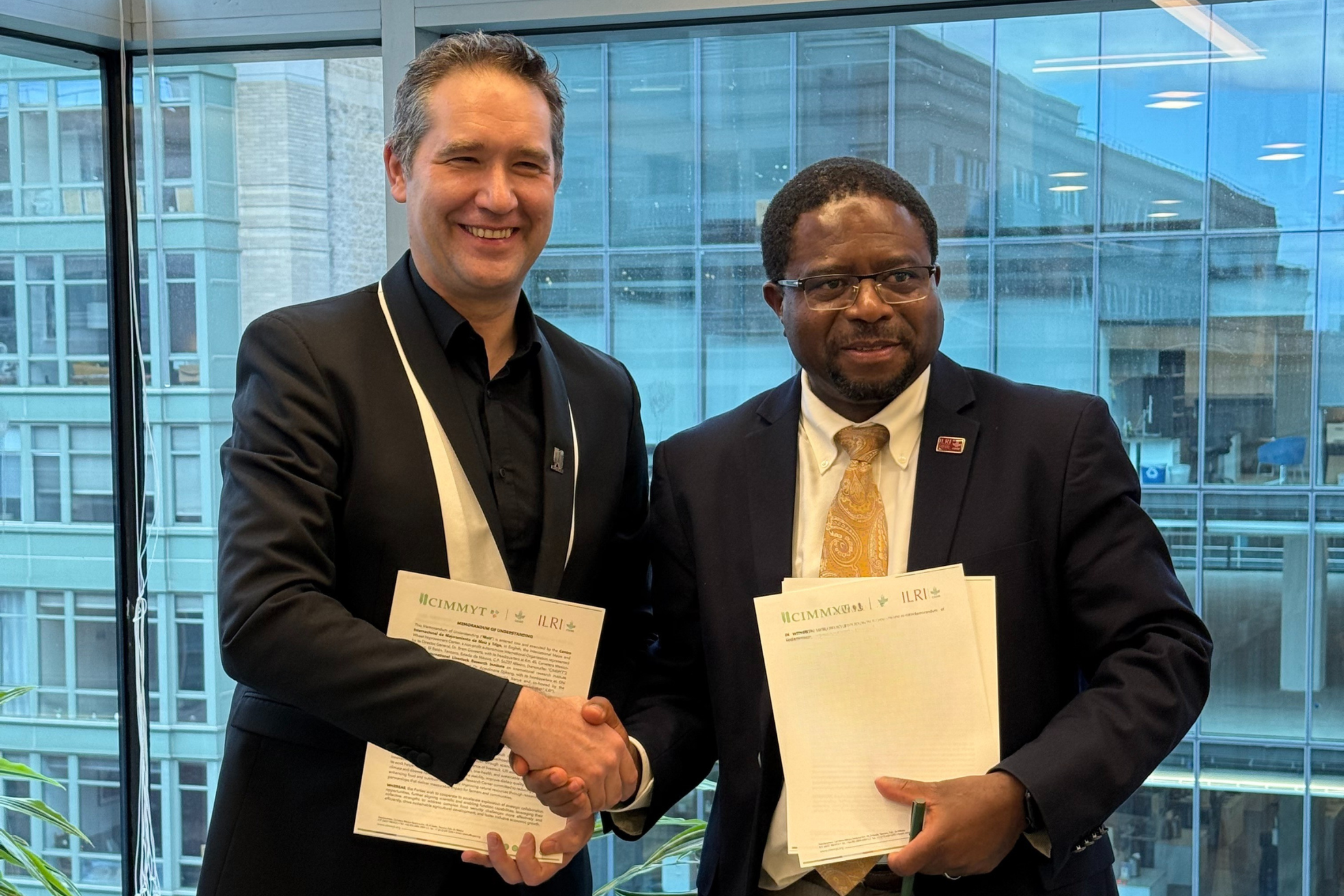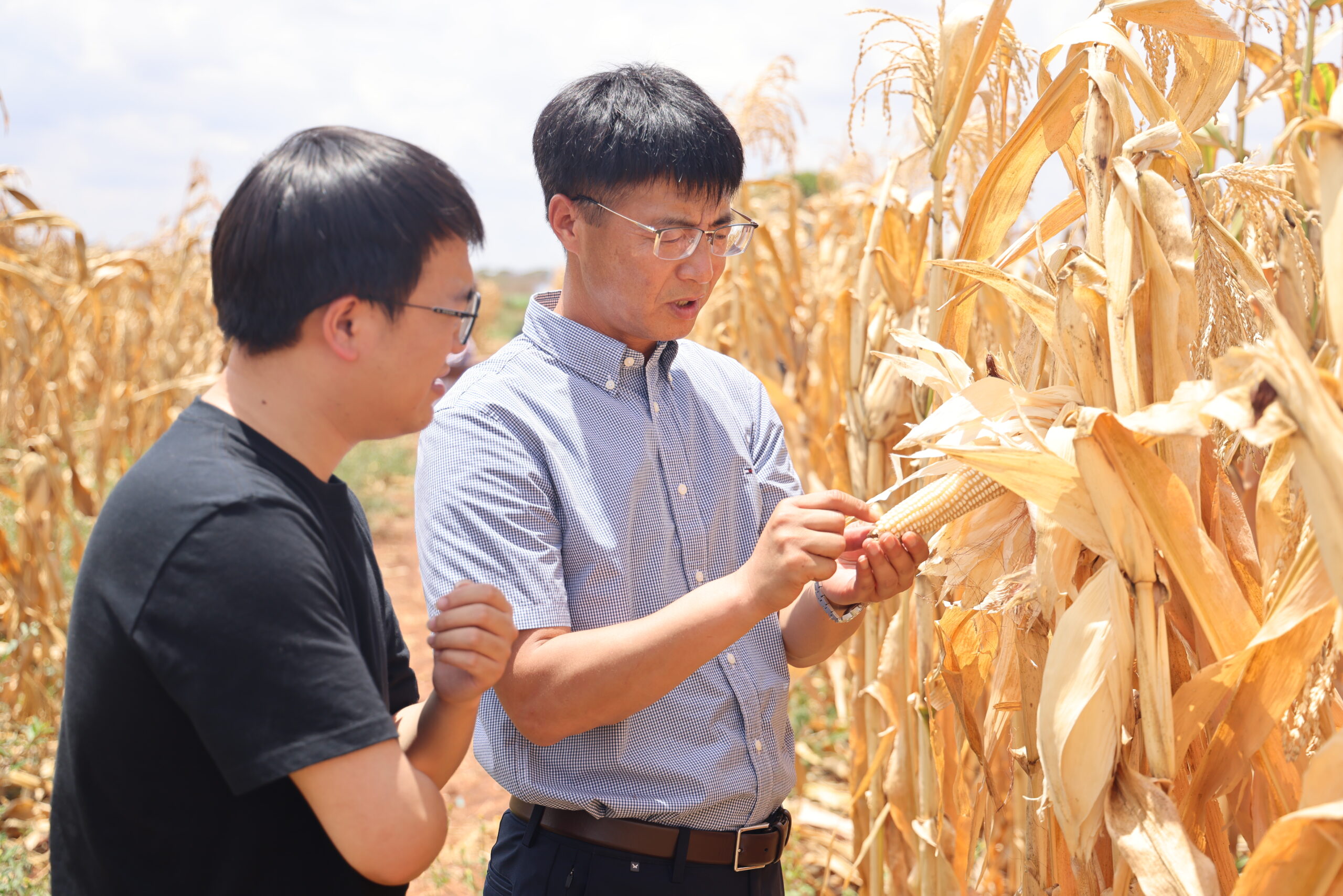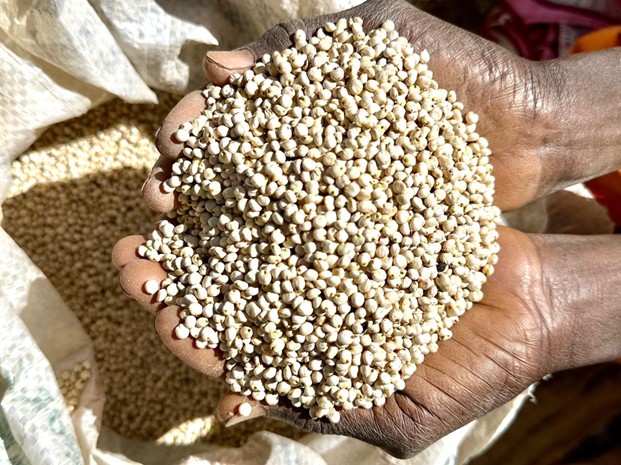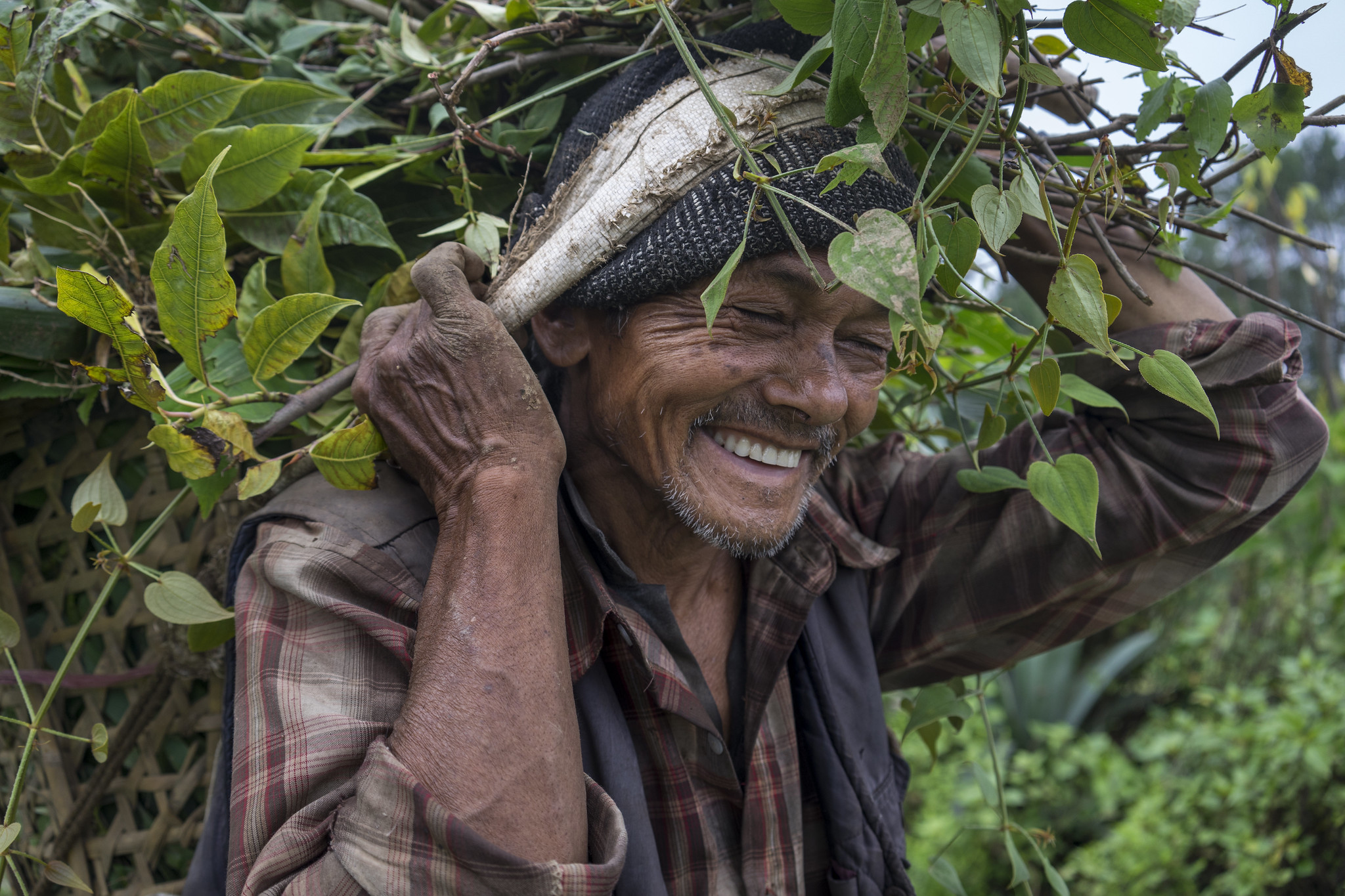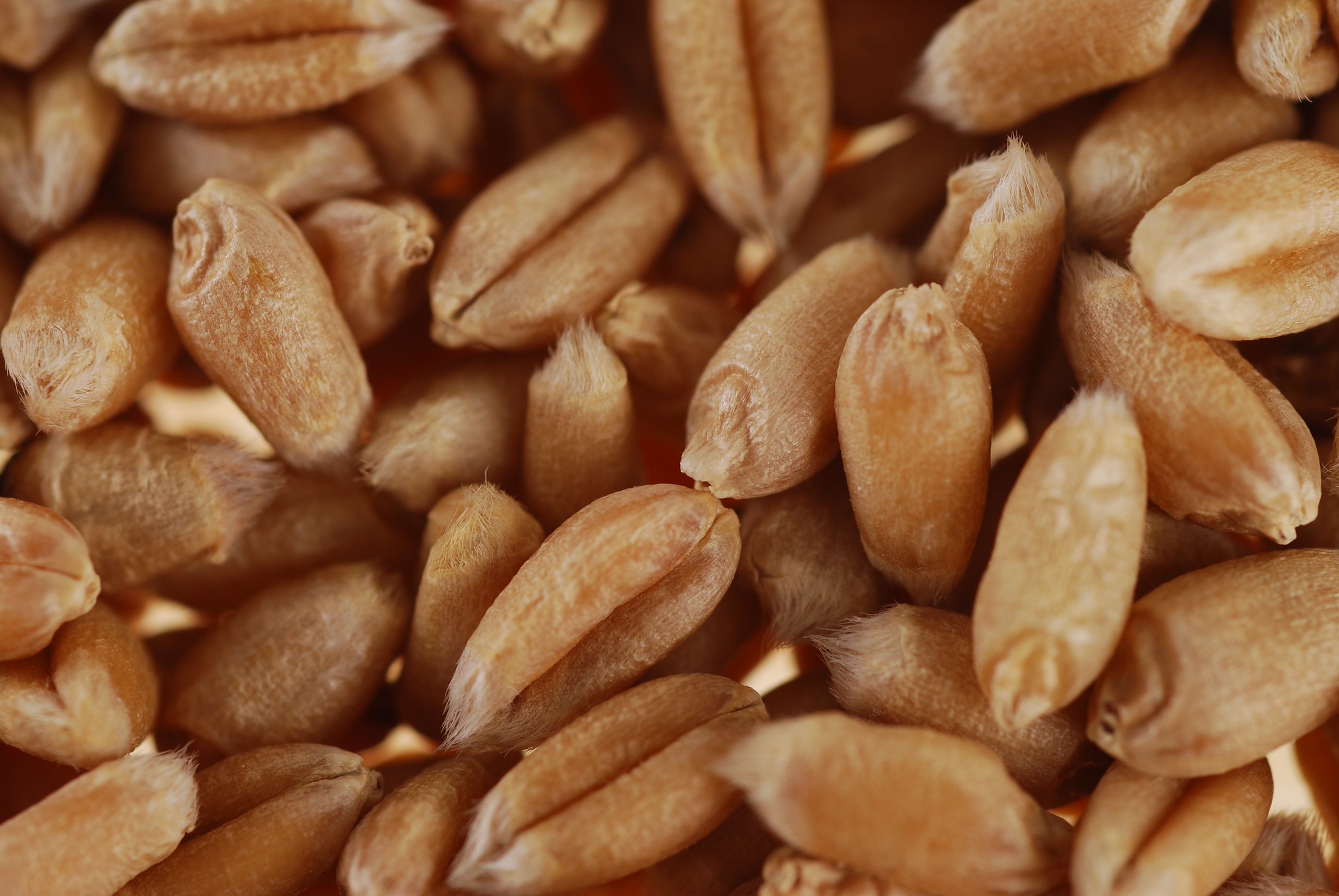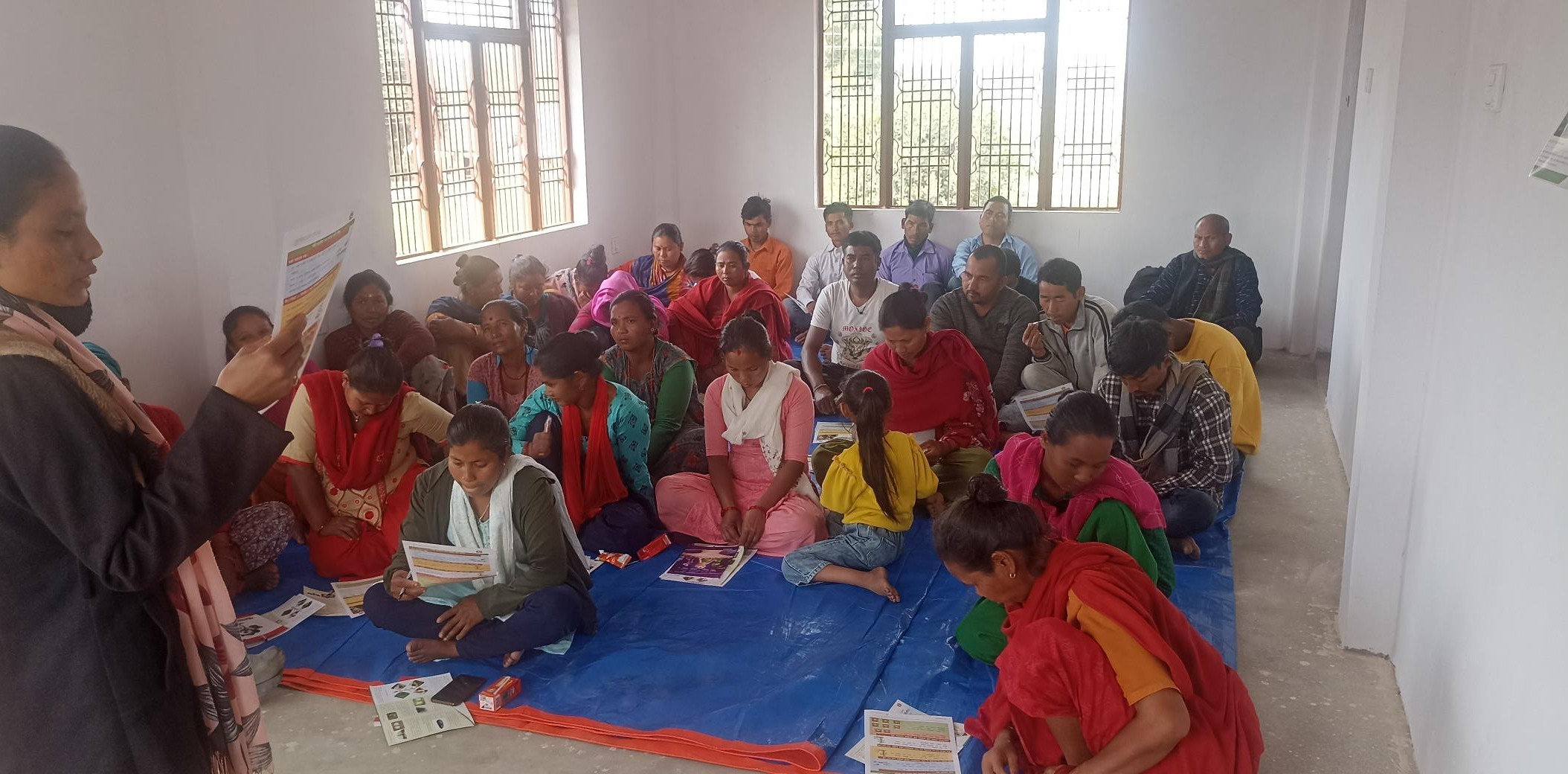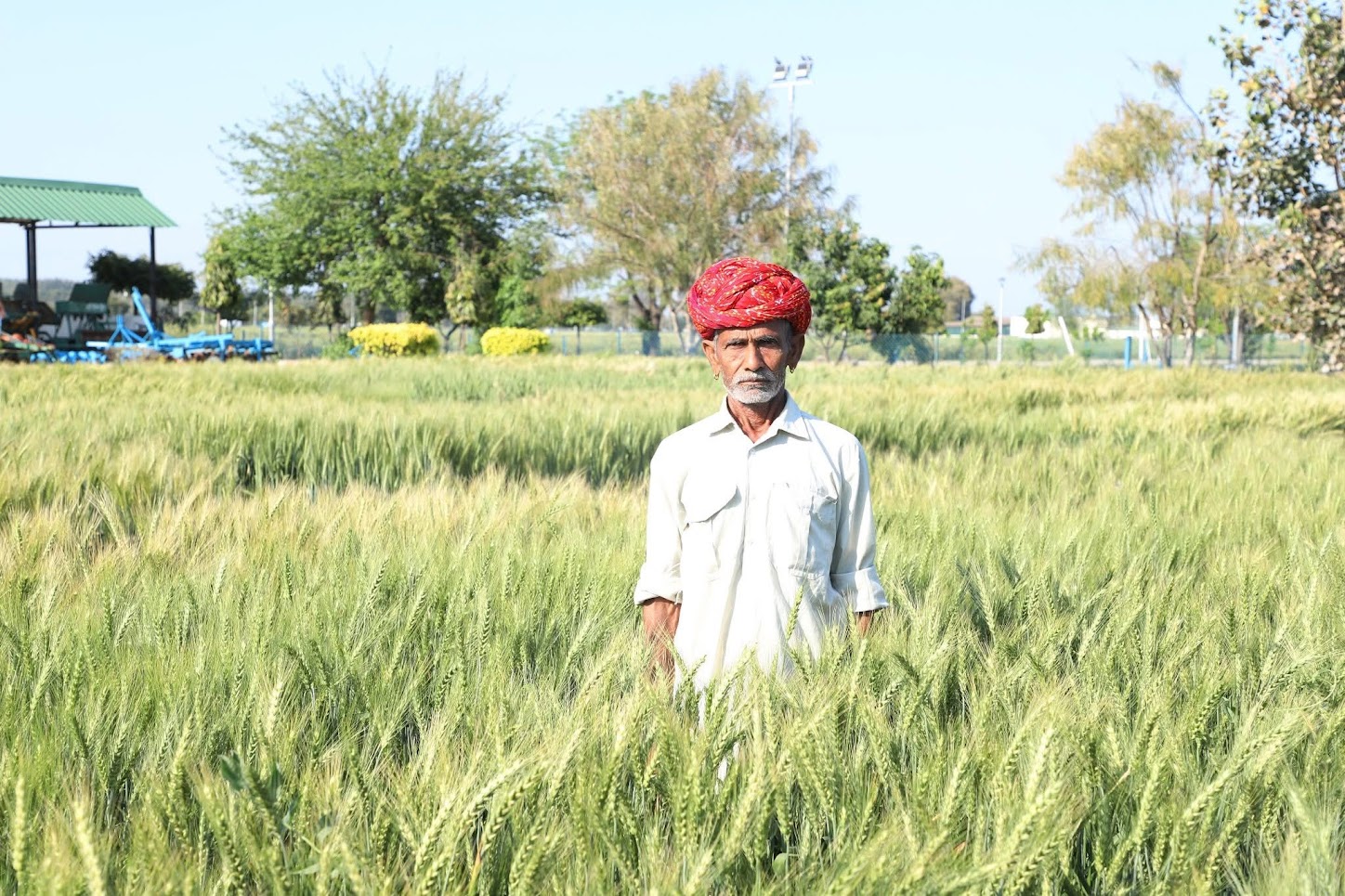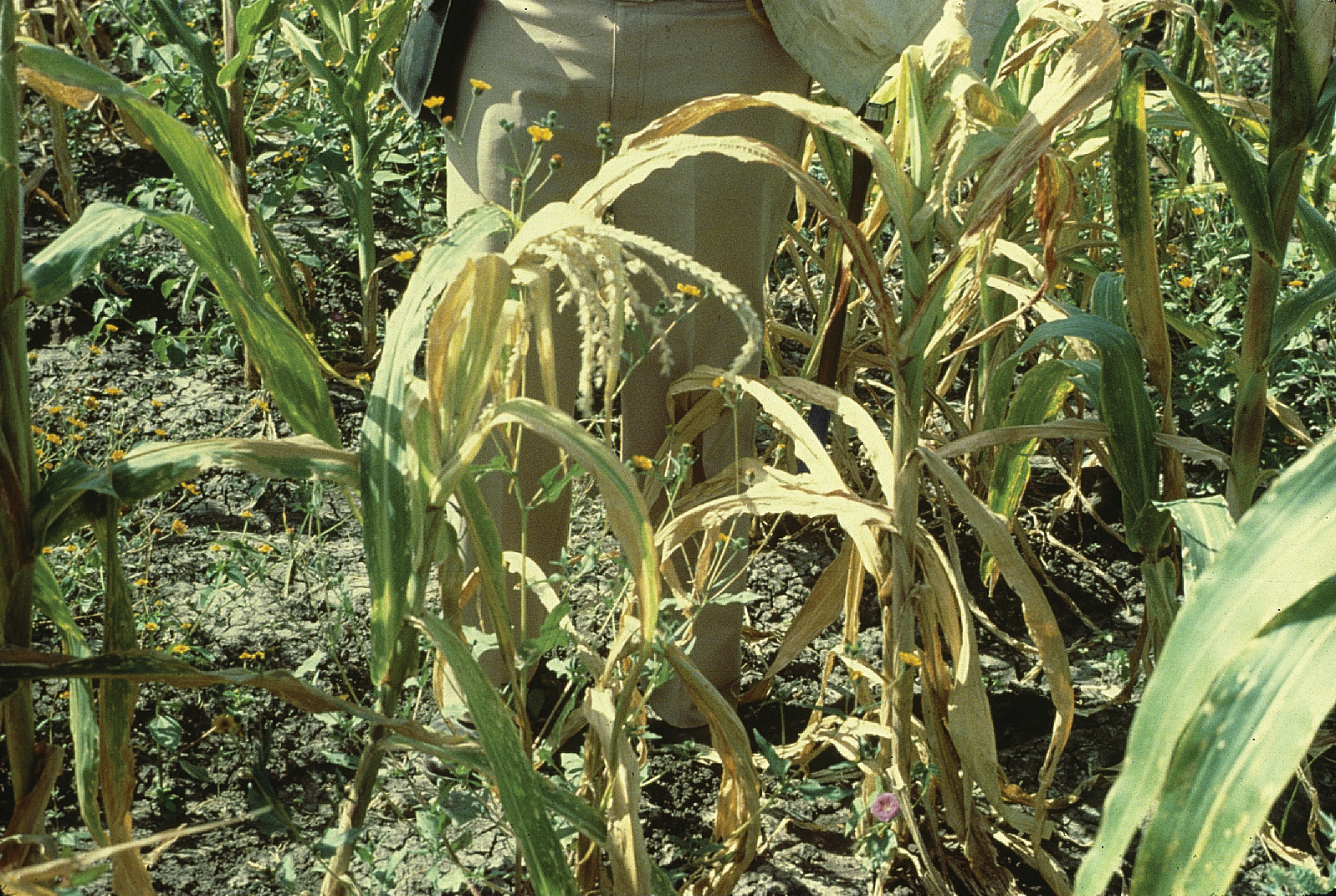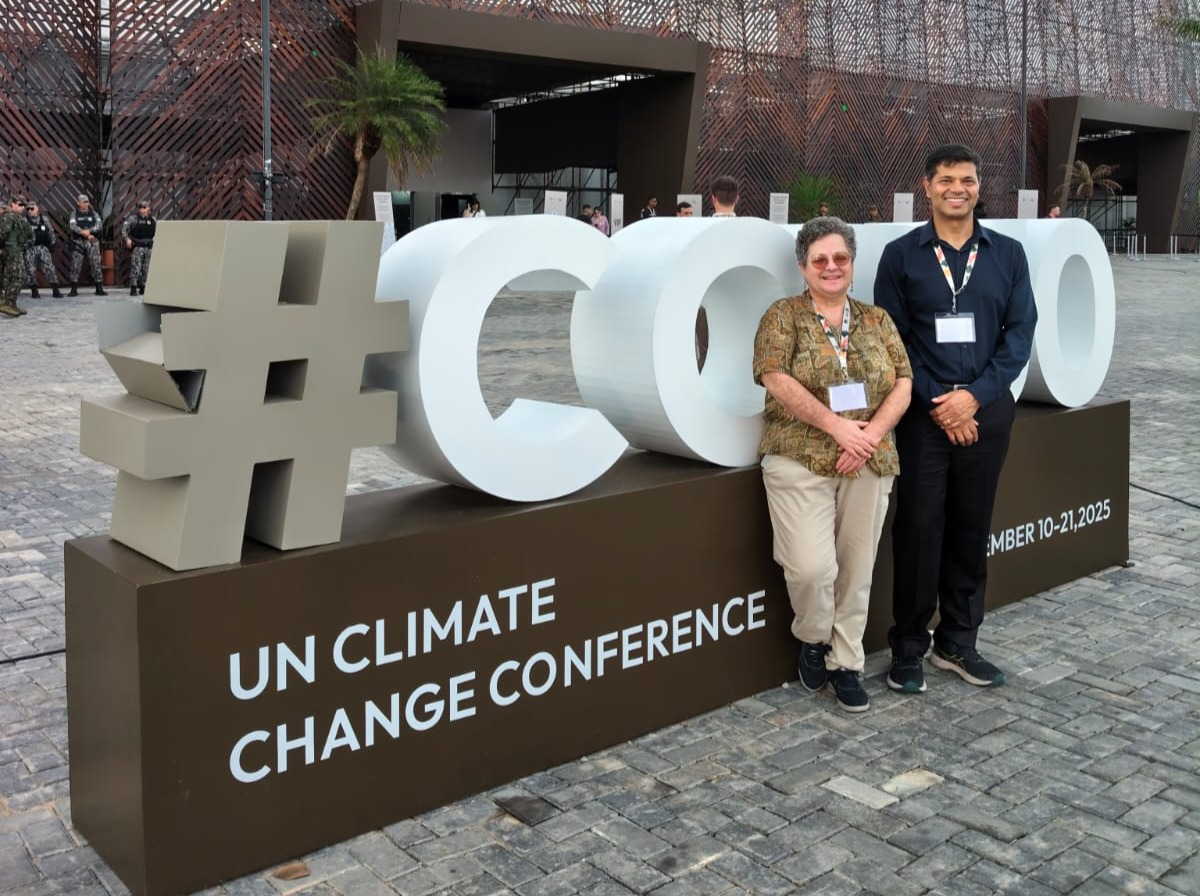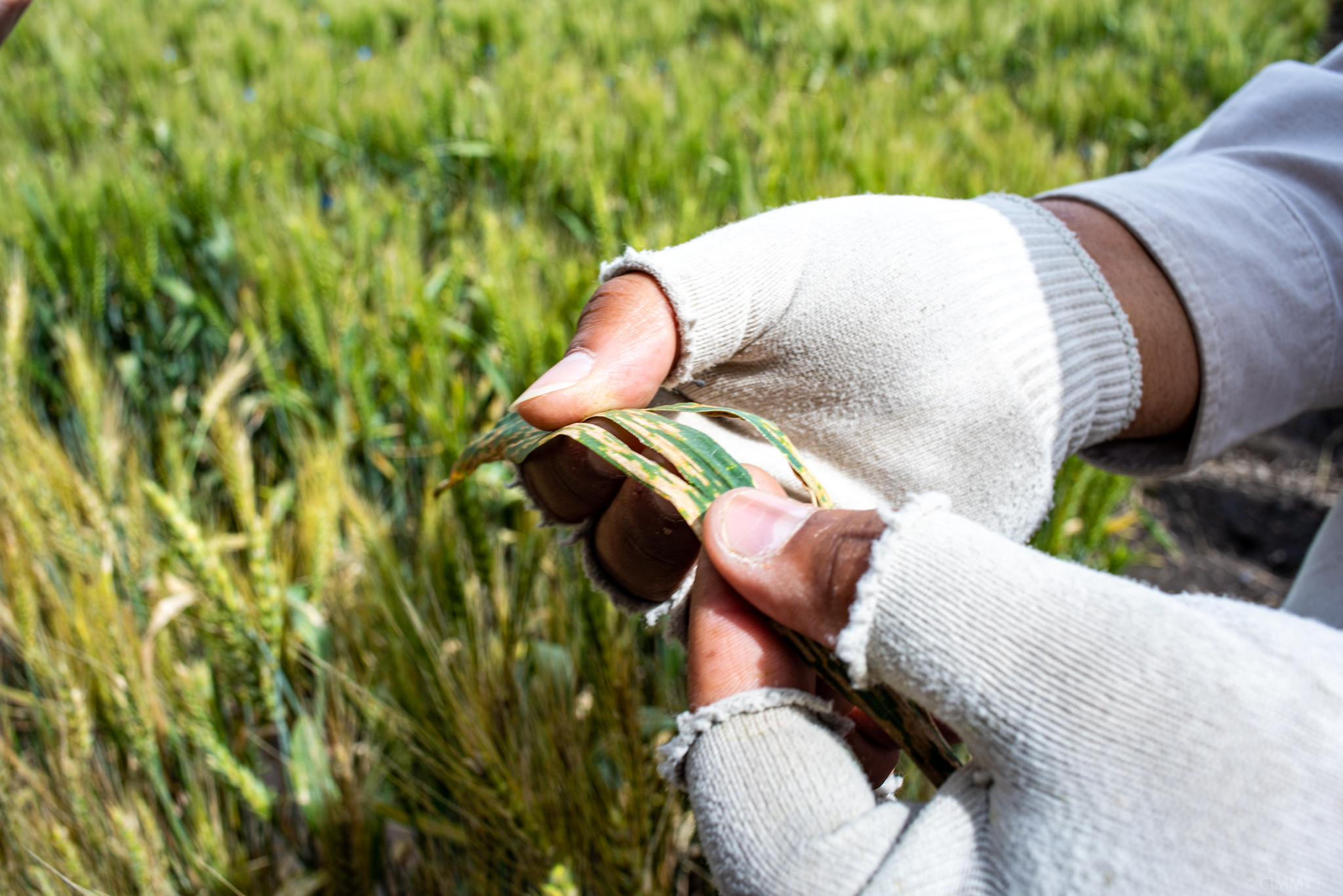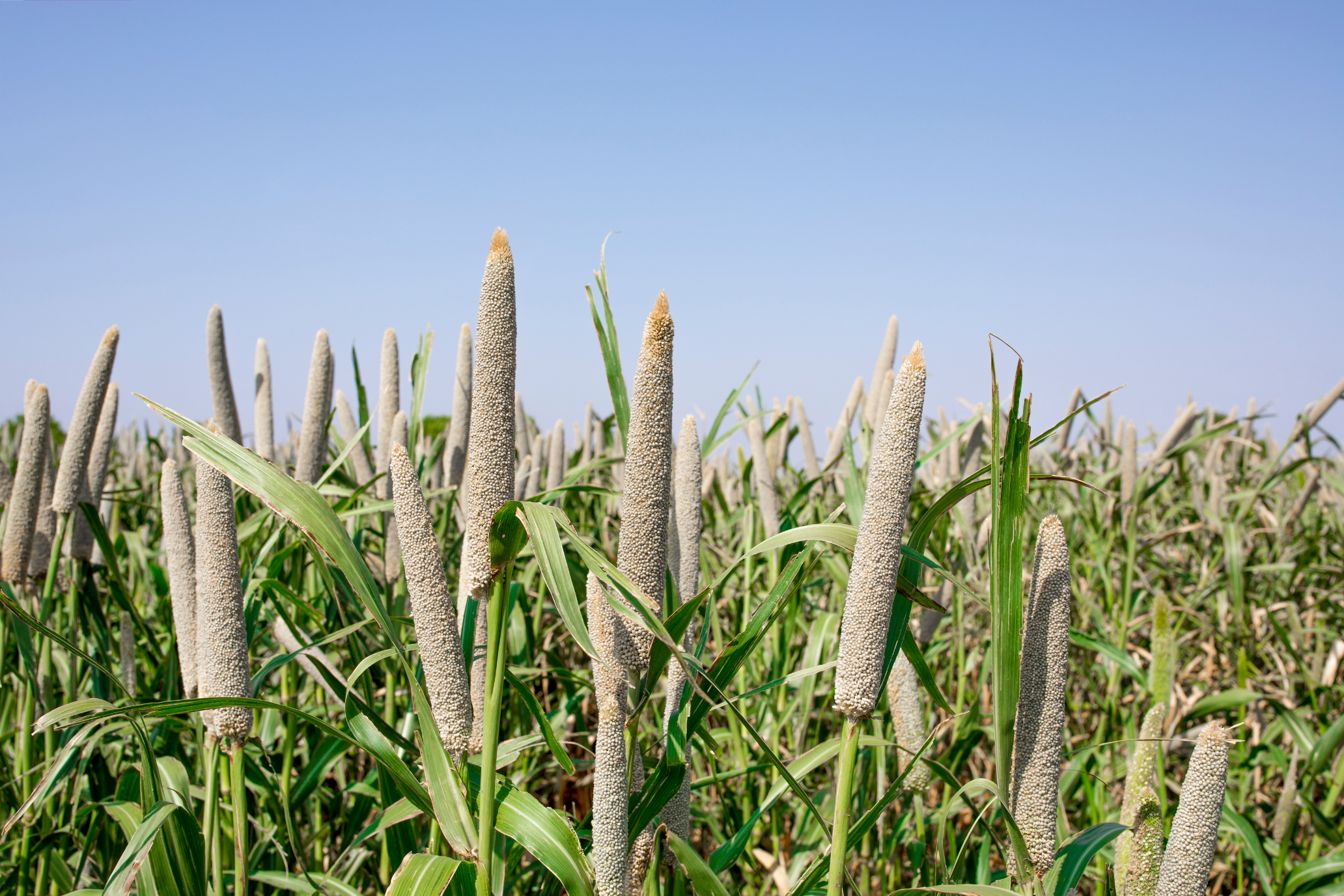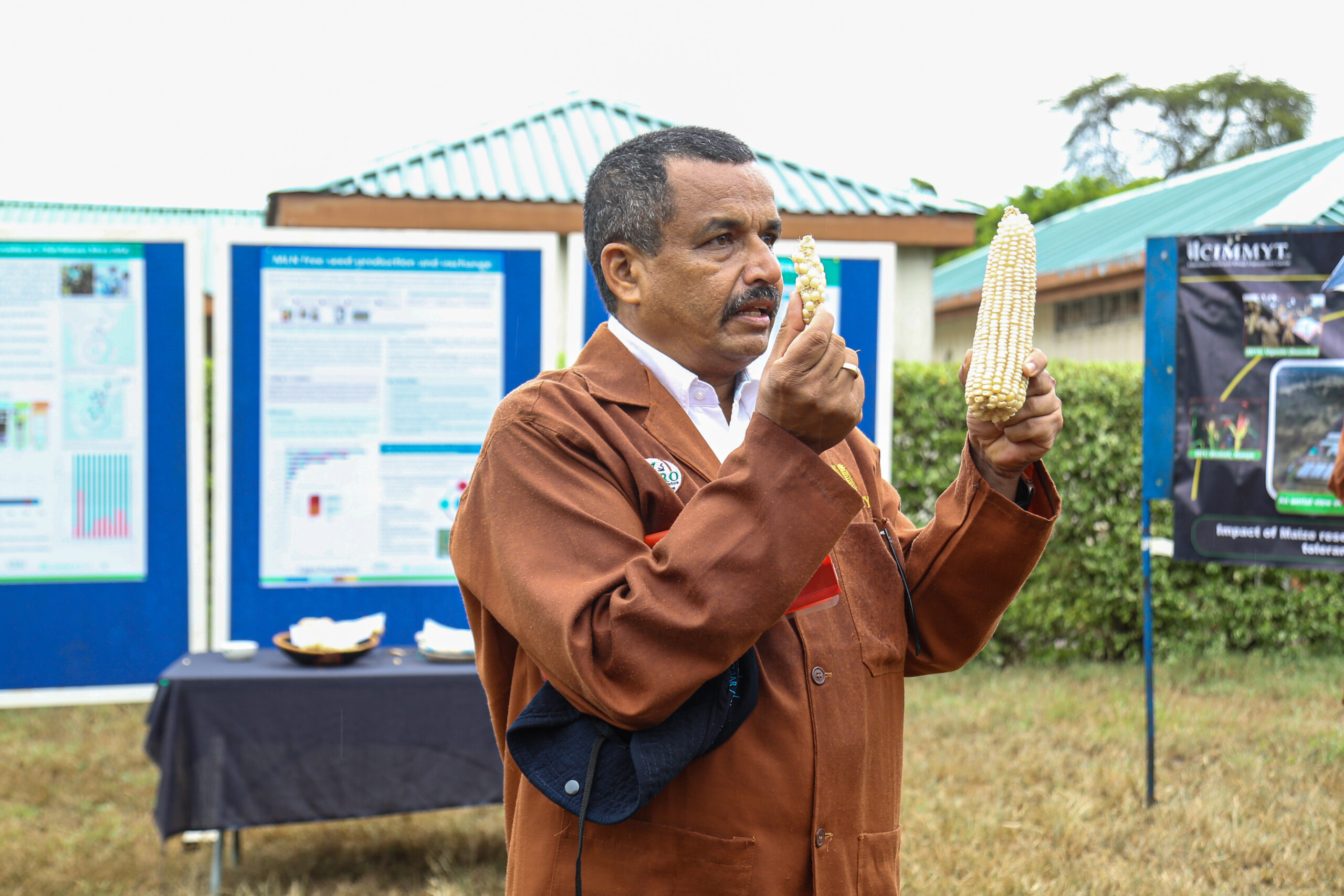Climate adaptation and mitigation
Climate change threatens to reduce global crop production, and poor people in tropical environments will be hit the hardest. More than 90% of CIMMYT’s work relates to climate change, helping farmers adapt to shocks while producing more food, and reduce emissions where possible. Innovations include new maize and wheat varieties that withstand drought, heat and pests; conservation agriculture; farming methods that save water and reduce the need for fertilizer; climate information services; and index-based insurance for farmers whose crops are damaged by bad weather. CIMMYT is an important contributor to the CGIAR Research Program on Climate Change, Agriculture and Food Security.
ILRI and CIMMYT sign strategic MoU to accelerate impact in crop-livestock Systems
 Climate adaptation and mitigation
Climate adaptation and mitigation
CIMMYT and ILRI have signed a new MoU to strengthen their partnership and accelerate impact across global food systems
CIMMYT and Jilin Academy of Agricultural Sciences (JAAS) Strengthen Collaboration through visit at CIMMYT Kenya
 Capacity development
Capacity development
CIMMYT and JAAS advanced a dynamic research partnership in Kenya, showcasing cutting edge maize and dryland crop science to accelerate climate resilient innovation
Can Partnerships Drive Better Harvests? How CIMMYT and MyAgro Are Transforming Pearl Millet Farming in Senegal
 Climate adaptation and mitigation
Climate adaptation and mitigation
By placing farmers at the center of participatory trials, CIMMYT and partners are identifying climate resilient pearl millet varieties that perform under real dryland conditions and move quickly from research into farmers’ fields
A Global Public Good: The Quiet Science Sustaining the World’s Food Supply
 Climate adaptation and mitigation
Climate adaptation and mitigation
As climate change and declining public investment strain global food systems, institutions like CIMMYT play a critical role in sustaining agriculture worldwide
Wheat Research and the Power of International Collaboration
 Climate adaptation and mitigation
Climate adaptation and mitigation
Global collaboration in wheat research, with CIMMYT at its core, remains essential for food security worldwide
Scaling Agricultural Innovation in Nepal: How CGIAR’s Scaling for Impact Program is Supporting the Transformation of Local Success into Systemic Change
 Climate adaptation and mitigation
Climate adaptation and mitigation
In Nepal, CGIAR’s Scaling for Impact Program is turning maize innovations into large scale, climate resilient impact through strong partnerships and market driven change
You can’t see it, but it’s saving lives: zinc in staple crops
 Climate adaptation and mitigation
Climate adaptation and mitigation
By embedding zinc enrichment directly into elite wheat lines, scientists are turning a once “hidden hunger” solution into a mainstream breeding breakthrough
Eight New CIMMYT maize hybrids available from Southern Africa Breeding Program
 Climate adaptation and mitigation
Climate adaptation and mitigation
CIMMYT unveils eight new tropical maize hybrids for uptake by partners targeting Southern Africa and similar regions
How Africa Stopped MLN—A Continental Victory Built on Science, Surveillance, and Clean Seed Systems
 Climate adaptation and mitigation
Climate adaptation and mitigation
Sustain Africa Supports Fertilizer Deliveries for Agricultural Recovery in Sudan
 Climate adaptation and mitigation
Climate adaptation and mitigation
Regenerating Soil, Securing Tomorrow
 Climate adaptation and mitigation
Climate adaptation and mitigation
Soil health is a pressing global priority, and restoring its vitality through science and regenerative practices is essential to sustain food systems and strengthen rural resilience
COP30 places agriculture at the center of climate action
 Climate adaptation and mitigation
Climate adaptation and mitigation
CIMMYT emphasized agriculture as central to climate action at COP30, bringing evidence, innovation, and strong partnerships from the Amazon to advance resilient and sustainable agrifood systems
Accelerating wheat breeding, from Toluca in Mexico to the world
 Climate adaptation and mitigation
Climate adaptation and mitigation
From Toluca’s disease hotspots to global wheat fields, CIMMYT scientists are fast-tracking resistant varieties using cutting-edge genomic selection
Breaking Barriers in Pearl Millet Improvement: A New Pathway for High Efficiency Genome Editing
 Climate adaptation and mitigation
Climate adaptation and mitigation
A new high efficiency genome editing system for pearl millet is helping accelerate the development of resilient and nutrient rich varieties, strengthening the future of food and nutrition security in the most climate vulnerable regions
Safeguarding Africa’s Maize: Partners Visit CIMMYT’s MLN Screening Facility in Kenya
 Climate adaptation and mitigation
Climate adaptation and mitigation
During the Agri-Business Facility for Africa Maize Workshop, partners visited CIMMYT’s MLN Screening Facility in Kenya, to see how science and collaboration are safeguarding Africa’s maize
